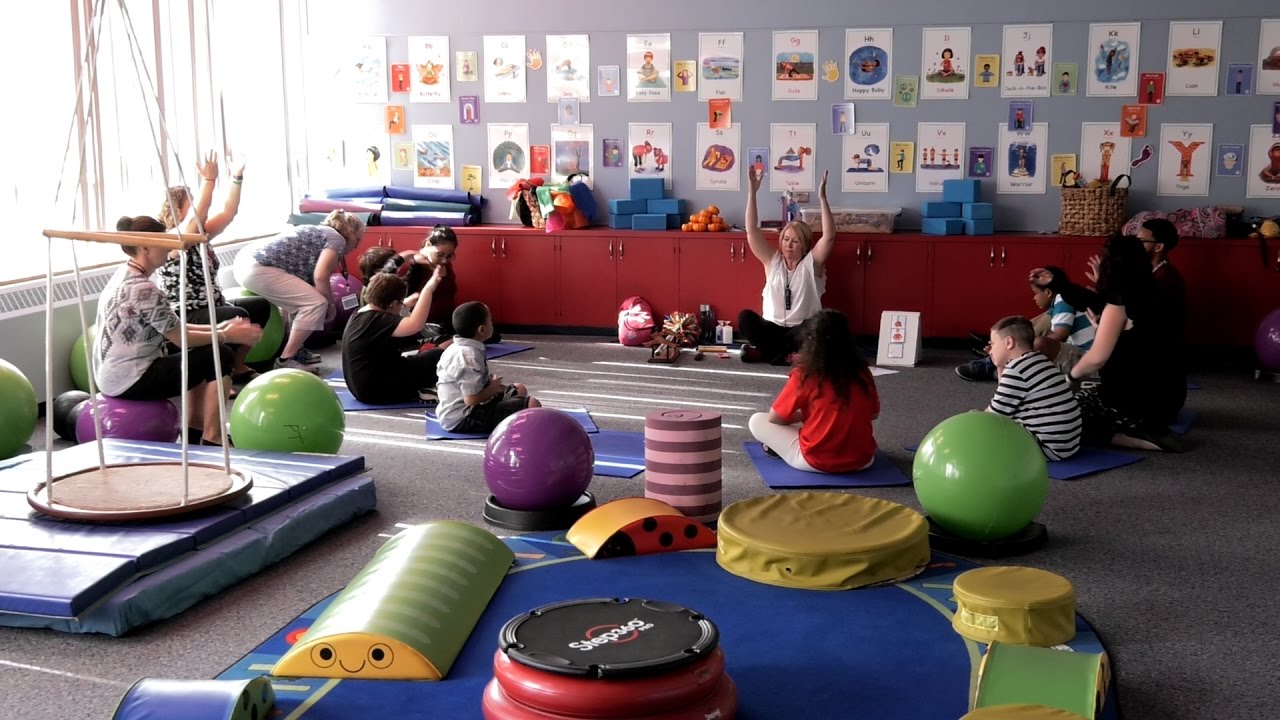Caring for a child with intellectual or developmental disabilities, including what was previously termed “mental retardation,” requires patience, understanding, and specialized support. Here are some general guidelines for taking care of a child with developmental disabilities:
Seek Professional Guidance: Consult with healthcare professionals, such as pediatricians, psychologists, or developmental specialists, to understand your child’s specific needs and develop an appropriate care plan.
Create a Supportive Environment: Ensure that the child’s living space is safe, comfortable, and accessible. Minimize distractions and provide clear routines to help them feel secure.
Provide Structured Activities: Engage the child in activities suited to their abilities and interests. These might include sensory play, educational games, art therapy, or physical exercises.
Encourage Communication: Use simple language, gestures, and visual aids to facilitate communication. Encourage the child to express themselves in any way they can, and be patient and attentive when listening.
Offer Emotional Support: Children with developmental disabilities may face challenges in understanding and expressing their emotions. Provide reassurance, affection, and positive reinforcement to help build their self-esteem.
Promote Independence: Encourage the child to develop self-help skills appropriate to their abilities, such as dressing themselves, feeding, and basic hygiene tasks. Offer guidance and support as needed.
Build Social Skills: Help the child interact with peers and family members, fostering social skills through structured playdates, group activities, or specialized therapies.
Address Medical Needs: Stay vigilant about the child’s physical health and attend regular medical check-ups. Follow any treatment plans prescribed by healthcare professionals.
Access Support Services: Take advantage of available resources and support services in your community, such as respite care, support groups, or special education programs.
Take Care of Yourself: Caring for a child with special needs can be physically and emotionally demanding. Make time for self-care, seek support from family and friends, and consider professional counseling if needed.
Remember that every child is unique, and what works for one child may not work for another. Tailor your approach to meet your child’s specific needs and abilities, and don’t hesitate to reach out for help and support when needed.











